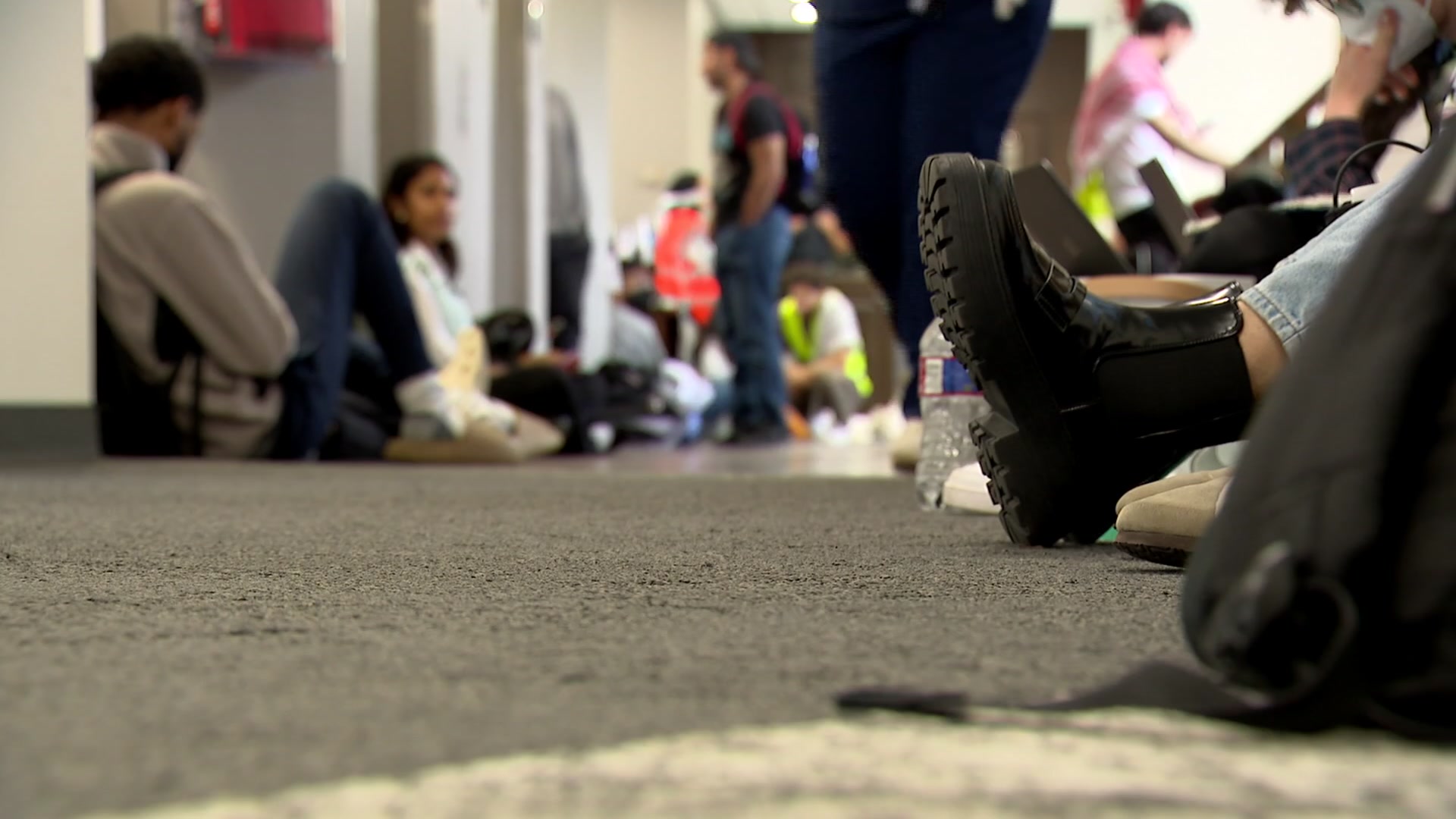North Texas football coach Dan McCarney says he had a stroke but expects a full recovery.
McCarney told The Des Moines Register that he felt his left side go numb after a workout Sunday morning.
Doctors later confirmed he had a stroke.
McCarney continues to undergo tests, but said he's told he won't have any permanent damage and should be out of the hospital in a few days. He calls himself a "pretty lucky guy."
"I have been told by the doctors that the early recognition of the symptoms and the quick response of the paramedics indeed helped minimize the impact of the stroke. Thanks to the care of the wonderful medical staff that I have been under, I am confident that there will be no long-lasting effects and I will be able to return my normal routine in time," McCarney said in a statement Tuesday.
McCarney was moved out of the ICU on Tuesday and will undergo medical treatment for a stroke.
“First, thanks to all the wonderful people who sent well-wishes during my time of illness. I am reminded of how truly blessed I am by the number of family, friends and colleagues that have reached out to show support to Margy and myself with words of support and encouragement," said McCarney.
The 58-year-old McCarney became coach at North Texas in November 2010. He was the coach at Iowa State from 1995 to 2006 and an assistant at Florida, South Florida, Wisconsin and Iowa.
"If there is any lesson to be learned in all of this it is to make yourself aware of the signs of a stroke and act immediately when those signs become present. I’m not sure if our quick reaction saved my life, but it definitely save the quality of my life," McCarney said.
Diagnose a Stroke
If you think someone might have had a stroke, use the "Talk, Wave and Smile" test outlined on WebMD to determine if you need to make a trip to the hospital.
Local
The latest news from around North Texas.
1) Ask the person to smile. If one side of the face is lower than the other, that is a classic sign of someone having had a stroke.
2) Ask the person to close their eyes and raise their arms. Often those who have suffered a stroke cannot raise their arms to the same height due to arm weakness.
3) Ask the person to say a simple sentence such as "Don't cry over spilled milk."
If the person fails any of these tests, they may have suffered a stroke and they should be taken to a hospital as soon as possible.



